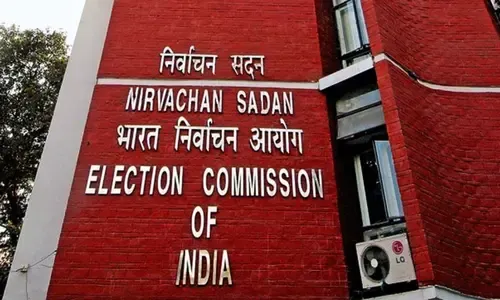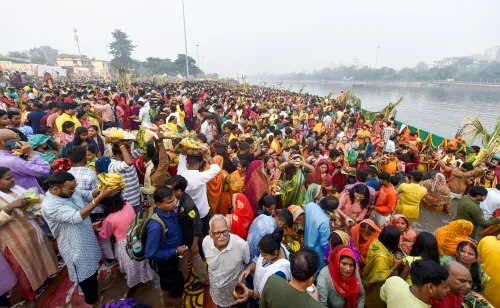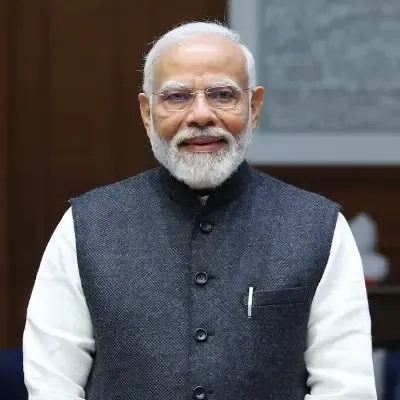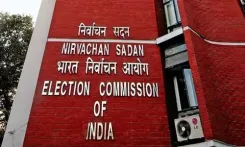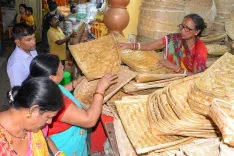What Precautionary Measures is Rajasthan Taking Amid Tensions?
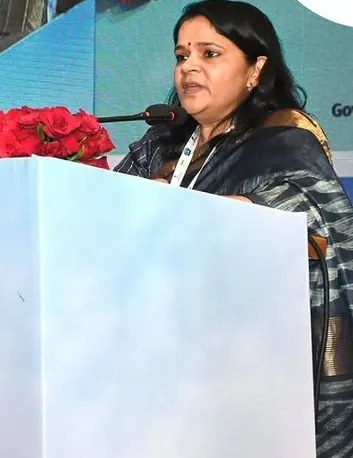
Synopsis
Key Takeaways
- All medical staff leaves cancelled.
- State-level control room activated.
- Coordination with CMHOs for resource availability.
- 24/7 preparedness in border districts.
- Training for first responders initiated.
Jaipur, May 8 (NationPress) In light of escalating tensions along the India-Pakistan border, the Rajasthan Department of Medicine and Health has implemented significant precautionary measures by cancelling all leaves for doctors, nurses, and paramedics effective immediately, as confirmed by an official on Thursday.
Moreover, officials have been assigned to the state-level control room to guarantee preparedness and an efficient response.
According to Gayatri Rathore, Principal Secretary of the Medical and Health Department, detailed directives have been issued for disaster management readiness, particularly regarding border and at-risk districts.
Eight personnel have been designated to the state-level control room (0141-2225624), situated at the Directorate of Medicine and Health.
These officers will liaise with Chief Medical and Health Officers (CMHOs) in the Bikaner and Jodhpur divisions to monitor the availability of essential resources, including staff, blood, medications, testing kits, equipment, operation theatres, ICUs, and ambulances.
Dr. Ravi Prakash Sharma, Director of Public Health, noted that Dr. Praveen Aswal, Additional Director of Rural Health, will lead the control room. Support personnel from various departments will provide assistance for ongoing monitoring and coordination to sustain health services and readiness.
CMHOs from 12 border districts -- Hanumangarh, Ganganagar, Bikaner, Churu, Jaisalmer, Jalor, Sirohi, Pali, Barmer, Balotra, Jodhpur, and Phalodi -- have also received directives to ensure 24/7 readiness across all medical facilities.
This necessitates the cancellation of staff leave, establishment of 24-hour district control rooms, and identification of vulnerable populations, including pregnant women, the elderly, disabled, and chronically ill individuals through ASHA workers, ANMs, and CHOs.
Additionally, CMHOs are tasked with ensuring the complete availability of medications, testing supplies, and operational medical equipment. Blood banks, both public and private, must keep sufficient stock.
Ambulances must be fully outfitted with oxygen and life-saving equipment. Private hospitals and labs are to be prepared to assist if necessary. Immediate training in first aid and emergency response will also be provided for home guards, police, civil defense, NCC cadets, and scouts in the respective districts.

